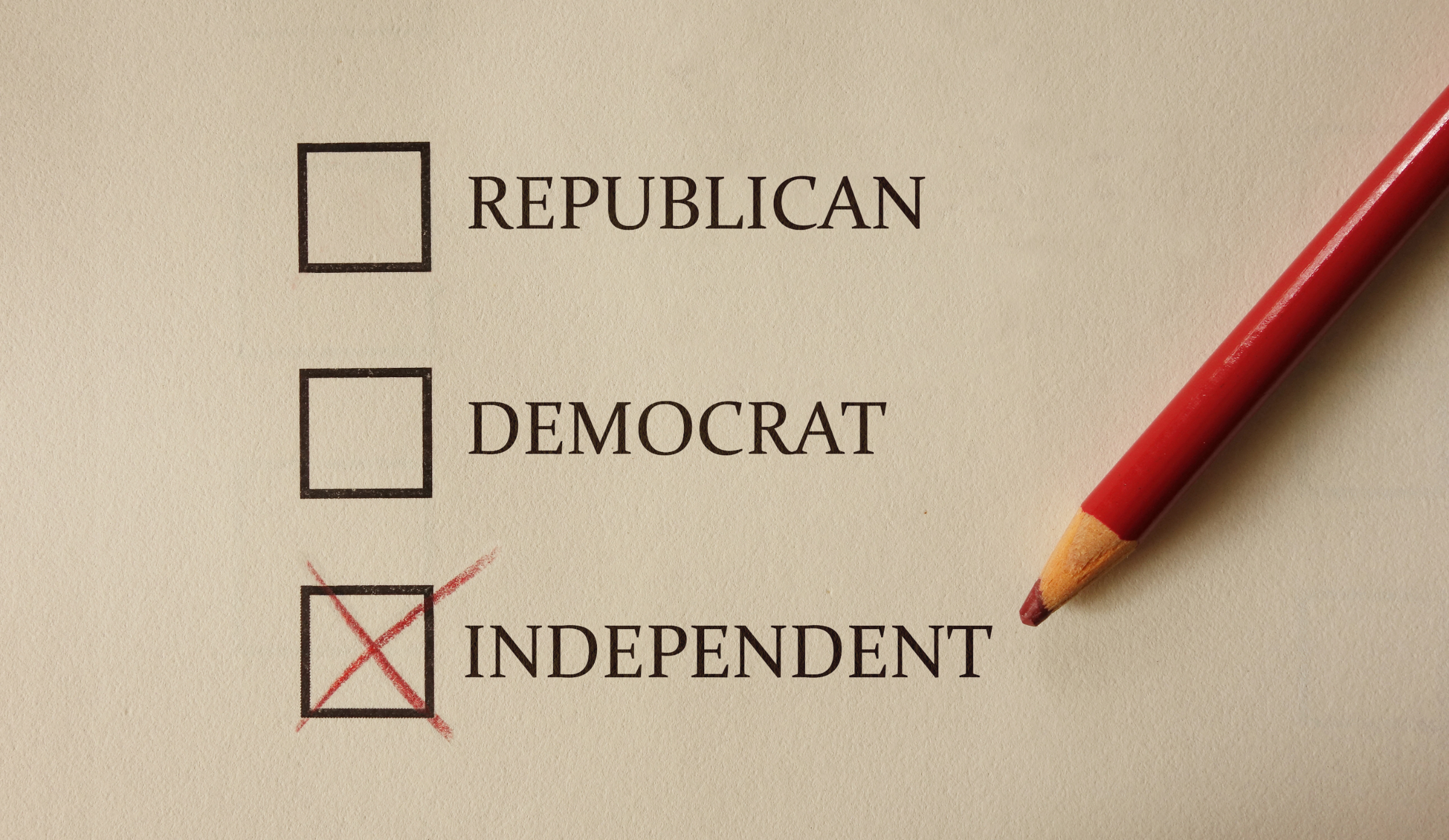There may be no better example of how our elected representatives are not doing their jobs than the recent battle over raising the federal debt limit. The first time this happened was in 2011, during the Obama administration when a congressional battle over raising the debt limit resulted in Standard and Poor’s downgrading its rating of U.S. creditworthiness. Apparently, our current congress felt this was a goal worth pursuing once again. In 2023, congress again went to battle over raising the debt limit with the result that Fitch has downgraded U.S. creditworthiness citing the high and rising national debt, lack of a plan to address the major drivers of the debt and the erosion of good governance.
Congress has known about the structural mismatch between federal spending and revenue for decades (remember the Ross Perot “Social Security lockbox”?). This structural deficit is largely driven by the Social Security and Medicare entitlement programs. The U.S. has an aging population and a declining birthrate, but our roughly evenly divided Republican and Democratic congress is not interested in immigration reform that could replenish the workforce that will be paying for these entitlement programs in the future. Couple this demographic problem with rapidly rising medical costs and you have a recipe for disaster.
“Reforming our primary voting system is the first step that voters can take to elect people interested in governing.”
If we continue our current trajectory, within a decade we should expect Social Security payments to be reduced by 11 percent, and benefits to be reduced by 20 percent. However, instead of addressing the structural deficit directly our incumbent legislators will likely increase the deficit to prop up these programs.
What can the electorate do to address this problem? Reforming our primary voting system is the first step that voters can take to elect people interested in governing. Open primaries with fair and equal requirements for candidates to qualify for the ballot, and ballots that allow voters to select the best candidate regardless of party affiliation should improve the quality of our elected representatives.
In the meantime, the Cato Institute’s Romina Boccia suggests a process modeled on the Base Realignment and Closure commission (BRAC) that operated from 1988-2005. This model would assemble independent experts to develop clear and obtainable steps to reign in the nation’s debt to no more than the gross domestic product. The commission’s recommendations would automatically take effect with presidential approval unless the House and Senate passed a joint resolution disapproving the recommendations in their entirety. If congress can’t do the job without the damage of another debt ceiling standoff, then at least it can set up a process to get the job done despite itself.
1 “What the Fitch downgrade says about our fiscal challenges” August 3, 2023, Peter G. Peterson Foundation.
2 “A fiscal crisis awaits. Here’s a provocative idea for heading it off.” George Will, Washington Post, August 3, 2023.


Leave a Reply